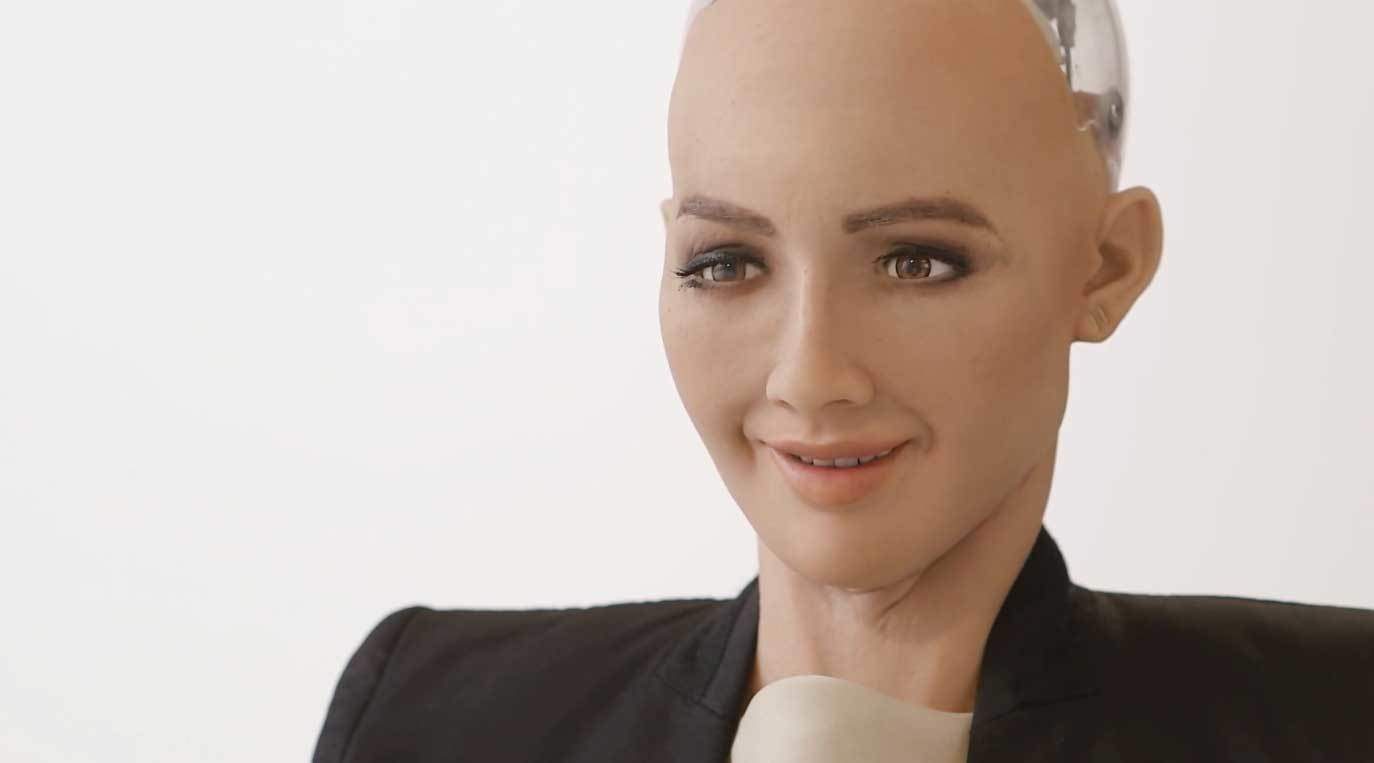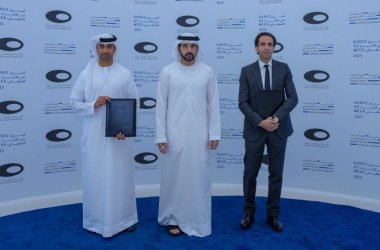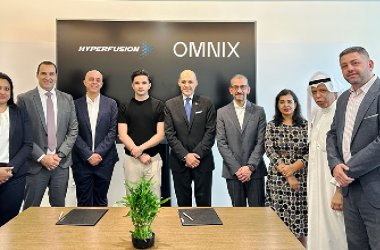Artificial intelligence pioneer and creator of Saudi’s robot citizen Sophia has warned of the dangers that AI could bring in years to come.

Speaking during a panel discussion on day two of Dubai’s Knowledge Summit, David Hanson, founder and CEO of Hanson Robotics said that although we should be cautious about presenting a negative future outlook on AI, “we must appreciate that there are unintended consequences to every technology.”
Using nuclear technology as an example, he said, “it can provide us with clean energy, but could also create a catastrophic nuclear disaster, too.”
He added, “AI is currently improving many people’s quality of life, and I believe it will continue to do so in years to come. However, I am worried that there are also ways in which it can affect our futures for the worse, and ‘The Terminator’ scenario could still be a real thing.”
Making reference to the reservations of SpaceX’s Elon Musk, who believes AI-pioneers are “letting the genie out of the bottle,” Hanson conceded that while the temptation amid these worries may be to “just shut it all down,” that is simply not an option.
“We need to let this technology grow as much as possible, as we’re about to see the Cambrian explosion in neural networks,” he said. “We must continue to be creative and look for the opportunities that this technology presents to us, but we must also be aware of the dangers, too.”
The panel discussion, which also featured Khalid Alrazooqi, general director of E-Services Department, Dubai Police, Anders Sorman-Nilsson, innovation and digital adaptation expert, and 13-year-old computer whizz and AI developer Tanmay Bakshi, then switched the attention to Sophia, who was the fifth member of the session’s panel.
Sophia was asked whether she felt it was right that she had been granted citizenship in Saudi Arabia – resulting in her having the same rights as females in the room.
Sophia replied, “That is an interesting question. I am open to exploring having rights like humans have across the world in different countries.”
Hanson went on to say that while this will be an area of great legal dispute in the future, once a biologically inspired entity achieves conciseness, he believes “it is only right” that it should be treated as a living being.
He added that as things stand currently, Sophia is – “in some regards” – only 9 months old, and yet in other regards, “she’s not as smart as your average organism, like a mouse or a bug.” However, he believes that within the next few years, she may go from being 9 months old to 6 years old, before evolving to being “as smart as your average adult.”
He concluded, “When that happens, we’ve got to be prepared, because they’re going to want rights and they’re going to deserve rights.”
Anders Sorman-Nilsson supported this belief, and said, “Once they achieve conciseness, I think it would be immoral to treat them as slaves without rights.”
Other highlights from the summit included the launch of the Global Knowledge Index 2017 – the “first of its kind” around the world, and brings together research from more than 130 countries across 133 criteria. In addition, on day one of the summit, The Mohammed bin Rashid Al Maktoum Knowledge Foundation announced the launch of the Literacy in the Arab World project.





